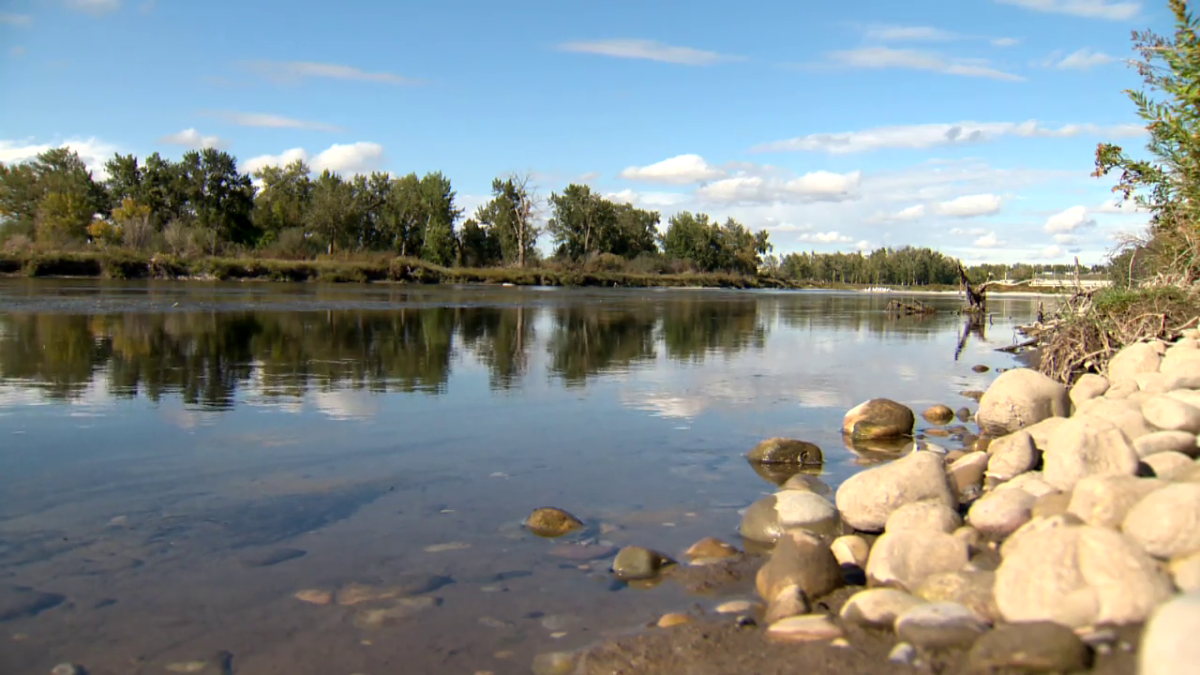Meaningful integration and co-production of Indigenous and local knowledge (ILK) can help accelerate effective environmental policies, a new University of Calgary study said.

The study by Jen Sidorova and Luis D. Virla, which was published on Thursday, found that community-based environmental management (CBEM) programs can be more effective when ILK is incorporated compared to monitoring based on Western science.
CBEM programs are initiatives led by Indigenous communities or through partnerships with Indigenous organizations to observe changes in nature.
Sidorova, a postdoctoral associate at the University of Calgary’s School of Public Policy and an Indigenous Siberian, said Indigenous and local knowledge often provide sustainable and holistic perspectives on nature that are often ignored in Western science.
“For Indigenous communities, including my own, humans are perceived to be equal to the lands, and this concept of sustainability is embedded in many Indigenous worldviews,” Sidorova said.

Get breaking National news
“Indigenous knowledge provides a very unique perspective because it provides a more respectful and reciprocal view on nature and animals, and these are passed from generation to generation.”
ILK also tends to be hyper-localized, which means community members are often experts about the nature of the area.
“CBEM gives more power to the communities and Indigenous leadership… It gives the power to Indigenous communities to decide for themselves,” Sidorova said.
“Indigenous peoples can help provide an alternative perspective to the capitalist perspective that is rooted in resource extraction or environmentalist-conservation perspectives.”
ILK can also be a meaningful tool for reconciliation in Canada, where Indigenous knowledge has largely been ignored by governments and post-secondary institutions. But Sidorova notes that the integration of ILK is only a first step and should not be used to tokenize Indigenous communities.
“When I was writing my Ph.D. dissertation, I noticed that ILK was mentioned many times but it was more like lip service. It was mentioned, but it wasn’t really incorporated into policies,” Sidorova said.
“Indigenous knowledge and communities were tokenized in a way that felt like checking boxes in order for organizations to say that they’ve incorporated Indigenous knowledge.”
“That’s why I like to say it’s a co-production of knowledge because the knowledge was produced together with Indigenous communities.”
Sidorova says policymakers, governments and organizations need to adequately fund Indigenous-led CBEM and research programs to ensure partnerships with Indigenous and local communities last long term.
The programs should also focus on Indigenous languages because Indigenous roles have spiritual elements that show connections to the land that can’t necessarily be fully translated into English, she added.
“Learning from Indigenous languages will help researchers to meaningfully engage and learn from their communities,” Sidorova said.








Comments